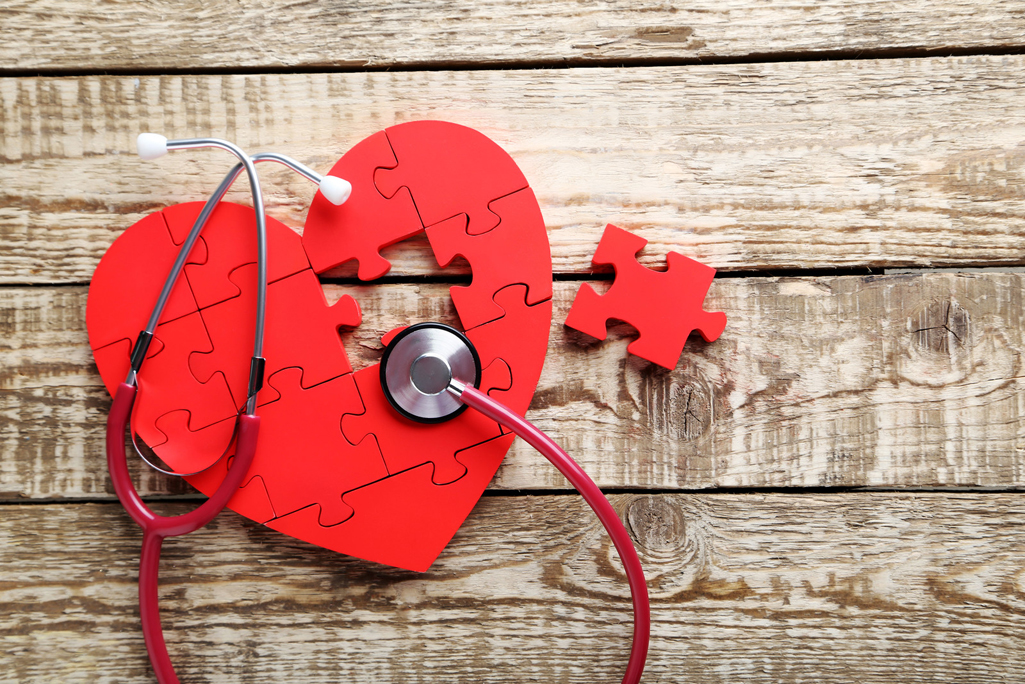Nutrition tips for better sports and exercise performance

By Wendy M. Henrichs
Board certified chiropractic pediatrician and nutrition counselor
When thinking about improving your fitness or athletic performance, exercise is usually the first thing that comes to mind. The exercise and training you do are very important, but only contributes 20% to 30% to athletic performance. Whether you are a serious athlete, a weekend warrior or somewhere in between, your nutrition or what you eat contributes 70% to 80% to your athletic performance. Have you ever felt like you just didn’t have the energy to do your workout or training? Sometimes overtraining is the culprit, but most often it is because you did not fuel your body properly before and after your exercise or training session. Use the information below to perform better in your sport or just get more out of the exercise you do.
Protein
Protein is essential for both tendon and muscle repair. Proteins are also essential for regulating hormones. The more often you train or exercise, the more repair work there will be for your muscles. Good protein sources include cold water fish, grass fed beef, wild game, free range organic chicken, organic pork, eggs, nuts, yogurt, cheese and legumes.
Non-Starchy Vegetables
Non-starchy vegetables are slow acting carbohydrates. They provide a sustained fuel source and nutrients necessary for overall health and assist in the repair or tissues broken down during exercise and training. Work at getting six to seven servings with a variety of colors daily of veggies such as broccoli, cauliflower, zucchini, carrots, kale, spinach, Brussels sprouts, cabbage and beans to name a few.
Fruits
Fruits are non-starchy, fast acting carbohydrates that provide quick energy before your game, race, training session or event. Eating a piece of fruit 45-60 minutes prior to exercising will give you some quick energy. Try to eat two to three servings of fruit every day. Revisit the Dirty Dozen and Clean 15 at www.ewg.org to see which fruits and vegetables are the best organic. Fruits are also excellent post workout to replenish sugars for muscle glycogen. When you don’t replenish your muscle glycogen after exercising your muscles will feel weak and heavy the next time you exercise. Has that ever happened to you?
Starchy Foods
Starches are slow acting carbohydrates that provide sustained energy. You should consume three to five servings of starchy foods preferable from whole grains every day. Eating starch two to three hours before your training session, race, game or event will give you the energy you need for maximum performance. Examples of starchy carbohydrates are oatmeal, whole grain breads, pasta, potatoes, rice, corn and whole grain cereals.
Water
Water is an essential nutrient that makes up 70% of our bodies. Drinking water will raise your metabolism and give you energy. It is essential for proper muscle contraction. You should drink half your body weight in ounces every day and more when exercising. Generally, that means drinking six to eight 12-ounce glasses of non-carbonated water daily. Two hours prior to exercising, your race or game, drink about 12 ounces of water and another eight to 12 ounces about 30 minutes prior to exercising. Remember to drink four to eight ounces for every 15 minutes of exercise you are performing and more if it is hot and humid outside.
Post Workout Replenishment
Replenishing after your workout, training session, game or race will ensure your muscles have what they need to perform at their best the next time you need them to perform. Your post workout replenishment should include protein to repair muscle tissue and fast acting carbohydrates to replenish muscle and liver glycogen. It is important to consume your replenishment within one hour of your workout, race, game or training session.
Some examples are banana or apple with two to three tablespoons of nut butter; two whole eggs and mixed veggies or greens; six ounces of plain Greek yogurt and a half cup of berries, one to two tablespoons of chia seeds, cinnamon, one-quarter teaspoon of maple syrup or honey; a smoothie made with 20-30 grams of whey isolate protein powder or similar, 60-80 grams of fast digesting carbohydrates (milk, coconut or almond milk), one scoop of fruits and greens whole food powder for added nutrients, and 5 grams of L-Glutamine powder or capsules (optional).
Try these tips to upgrade your sports and exercise performance by making some simple changes to your diet especially before and after you exercise.
Dr. Wendy Henrichs is a board certified chiropractor and nutrition counselor at Timber Land Chiropractic in Rhinelander. For a complimentary chiropractic, nutrition or lifestyle counseling consultation, visit TimberlandChiropractic.com, Facebook, or call 715-362-4852.
Leave a reply
You must be logged in to post a comment.

